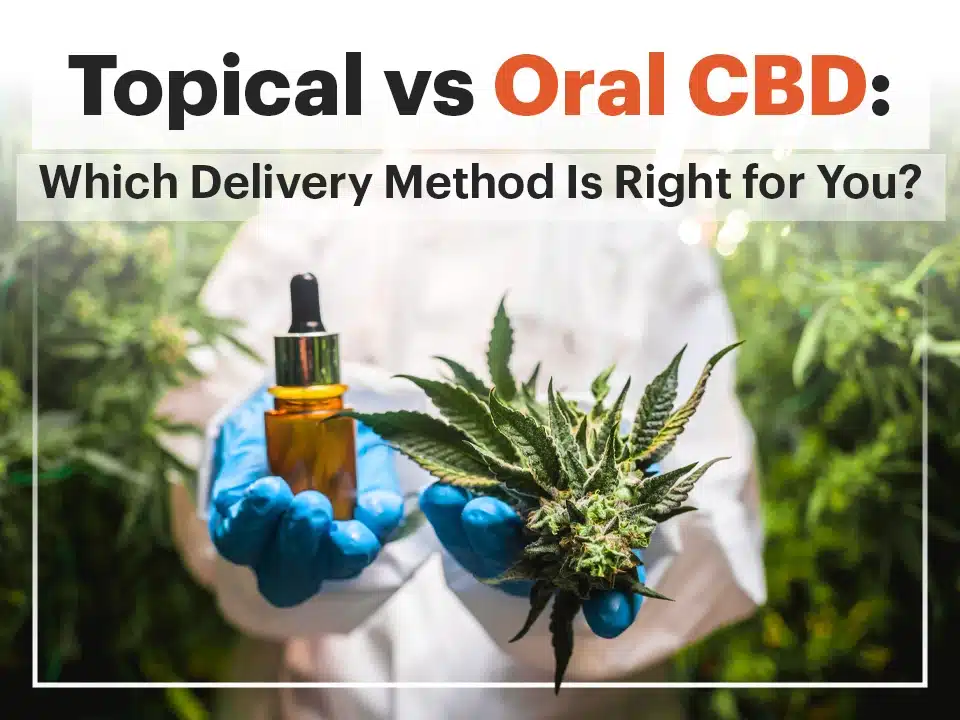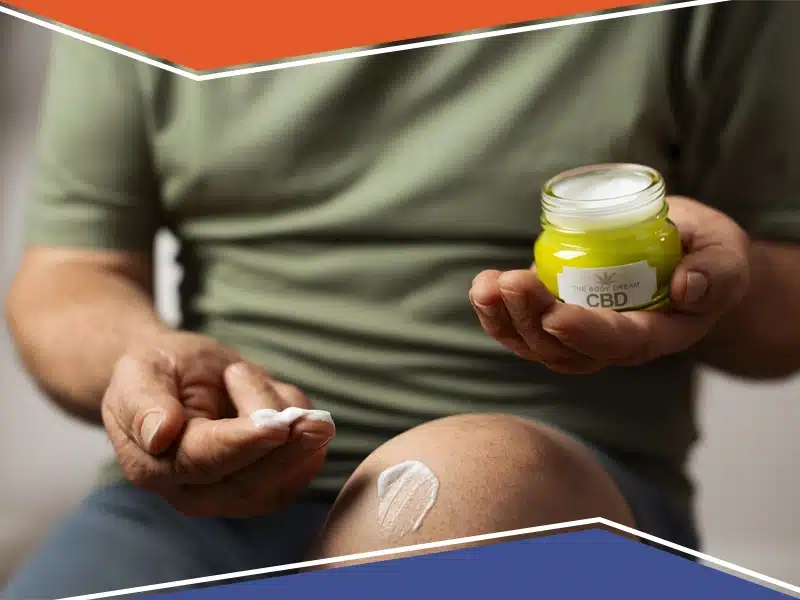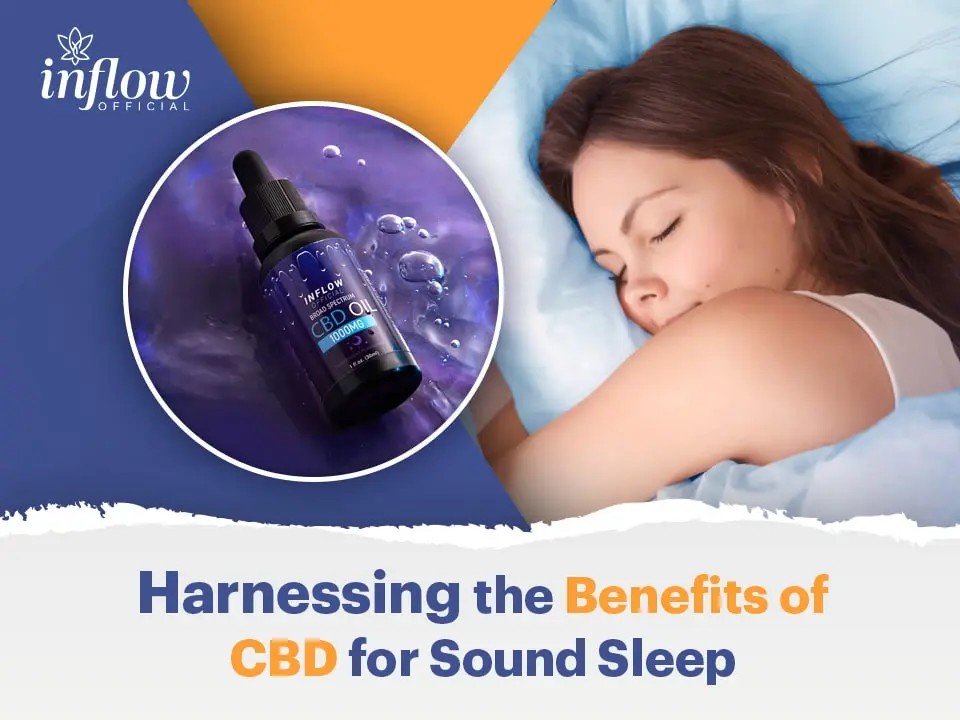
As the popularity of CBD (Cannabidiol) continues to soar, the diversity in its delivery methods has expanded, providing users with a range of options tailored to different needs and preferences. Each delivery method offers unique benefits and interacts with the body in distinct ways, affecting how the CBD is absorbed, how long it stays effective, and what kinds of symptoms it can most efficiently target. Among these methods, topical and oral applications of CBD stand out as two of the most commonly used approaches due to their effectiveness and ease of use. This blog will delve into topical and oral CBD specifics, guiding you through the nuances of each to help you determine which method best aligns with your health goals and daily routine.
Understanding the right delivery method is crucial, as choosing topical and oral CBD can significantly influence the outcomes you experience. Whether you are dealing with localized pain that might benefit from direct application or systemic issues that require a more holistic approach, choosing the correct form of CBD is essential to optimizing its therapeutic potential. This comparison will highlight each form’s distinct properties and advantages and provide practical advice on effectively integrating them into your health regimen. By the end of this discussion, you should understand how topical and oral CBD could fit into your lifestyle, depending on your specific health conditions and wellness goals.
Understanding Topical CBD

Topical CBD products, which are applied directly to the skin, offer a targeted approach to using CBD. These products come in various forms, including creams, balms, lotions, and even transdermal patches, each designed to address specific issues such as pain, inflammation, or skin conditions.
Forms and Uses
- Creams and Lotions: These are the most common forms of topical CBD. They are typically used for general skincare or to address surface-level pain and inflammation. These products are often formulated with additional ingredients like arnica or menthol, which can enhance CBD’s anti-inflammatory and pain-relief properties.
- Balms and Salves: Thicker than creams, balms, and salves are designed to be massaged into the skin, providing localized relief to areas afflicted by joint pain or muscle stiffness. Their thicker consistency means they are generally more concentrated, making them more effective for intense pain relief.
- Transdermal Patches: Offering a unique delivery method, CBD-infused transdermal patches release small amounts of CBD into the bloodstream over an extended period. This method is beneficial for chronic conditions, providing consistent, long-term relief.
Mechanism of Action
Topical CBD works by interacting with cannabinoid receptors located in the skin. These receptors are part of the body’s endocannabinoid system, which helps regulate inflammation, pain, and other bodily processes. CBD doesn’t enter the bloodstream when applied topically but connects with local cannabinoid receptors through the skin pores. This localized interaction can effectively reduce inflammation and alleviate pain without the systemic effects associated with oral CBD.
Advantages
- Targeted Relief: Topical CBD provides relief where needed, making it ideal for treating localized pain or specific inflammatory skin conditions like eczema or psoriasis without impacting other body parts.
- Minimal Systemic Effects: Because topical CBD doesn’t enter the bloodstream in significant amounts, it doesn’t have widespread effects on the body, which can be a significant advantage for those only looking to treat external issues.
- Ease of Use: Topical CBD is straightforward to use and can be incorporated into daily routines as part of regular skincare or pain management regimens. It’s also discreet, offering pain relief without any noticeable smell or residue.
Topical CBD provides a convenient and effective way to harness the benefits of CBD for localized issues without the complexities associated with systemic treatments. Its ease of use and targeted action make it an excellent option for those new to CBD or those specifically dealing with external pain and skin-related issues.
Understanding Oral CBD

Oral CBD products, such as oils, capsules, edibles, and beverages, represent a versatile and widely used category of CBD delivery. These products are ingested orally and processed through the digestive system, offering a different interaction with the body than topical applications.
Forms of Oral CBD
- Oils and Tinctures: These are among the most popular forms of oral CBD due to their versatility and rapid absorption when used sublingually (under the tongue). Oils and tinctures allow for precise dosing, which can be critical for maintaining consistent cannabinoid levels in the body.
- Capsules: CBD capsules offer a convenient and discreet way to consume CBD, providing a pre-measured dose that is easy to incorporate into one’s daily supplement regimen. They are favored by those who prefer not to taste CBD oil directly.
- Edibles: CBD-infused edibles provide a tasty alternative to oils and capsules, from gummies to chocolates. While the onset of effects is slower due to digestion, the effects of edibles tend to last longer, making them suitable for sustained symptom management.
- Beverages: CBD can also be found in various beverages, including teas, coffees, and water. These provide a refreshing and easy method to consume CBD throughout the day, although the dosage in beverages may be lower compared to more concentrated forms like oils or capsules.
Mechanism of Action
CBD is absorbed into the bloodstream through the digestive tract when consumed orally. This process is slower than topical absorption, resulting in a delayed onset of effects, typically taking anywhere from 30 minutes to two hours. However, once absorbed, the effects of oral CBD can last for several hours, providing prolonged relief from symptoms.
- First-Pass Metabolism: One factor to consider with oral CBD is the first-pass metabolism, where CBD is partially broken down by the liver and digestive tract before reaching the bloodstream. This process can reduce the bioavailability of CBD, meaning that a higher dose may be necessary to achieve effective therapeutic levels compared to other delivery methods.
Advantages of Oral CBD
- Prolonged Effects: Due to CBD’s slow and gradual absorption through the digestive system, oral products generally provide longer-lasting effects than other methods. This makes them ideal for managing chronic symptoms that require sustained relief.
- Ease of Use and Familiarity: Taking CBD orally is straightforward and fits nicely into most people’s routines, similar to consuming any other supplement or medication. This method is also less intimidating for those new to CBD, as it does not require any additional equipment or preparation.
- Discreet and Portable: Oral CBD products are discreet and easy to carry, making them convenient for use while traveling or at work.
- Wide Variety of Options: The vast array of oral CBD products available allows users to choose based on their taste preferences and lifestyle needs, making it one of the most adaptable forms of CBD.
Oral CBD provides a systemic approach to symptom management, making it an excellent choice for conditions that affect multiple areas of the body or for general wellness purposes. Understanding how oral CBD works and the best ways to integrate it into your routine can help you maximize its therapeutic potential.
Absorption and Efficacy
Understanding how CBD is absorbed and utilized by the body is crucial for maximizing its benefits, whether you choose topical or oral administration. Each method has distinct absorption rate and efficacy characteristics, impacting their suitability for different health conditions.
Topical CBD
- Absorption Rate: Topical CBD is applied directly to the skin and is designed to interact with cannabinoid receptors near the application site. The skin’s permeability is relatively low compared to internal bioavailability routes, meaning topical CBD generally does not penetrate deep enough to enter the bloodstream. Instead, its effects are localized to the area where it’s applied.
- Efficacy: Topical CBD is particularly effective for localized treatment as it allows the user to target specific areas of discomfort or inflammation. It can provide relief without systemic effects, which minimizes overall side effects and makes it a safe choice for regular use, especially for those sensitive to oral CBD products.
- Best Uses: Topical applications are ideal for conditions like joint pain (such as arthritis), localized back pain, muscle soreness, or specific inflammatory skin conditions like eczema or psoriasis. These products allow for direct application where relief is needed most, potentially providing faster and more focused effects than systemic CBD treatments.
Oral CBD
- Absorption Rate: When CBD is ingested orally, it must pass through the digestive system and then the liver, where it undergoes what is known as the “first-pass effect.” During this process, the concentration of CBD can be significantly reduced before it reaches the bloodstream. This effect can vary depending on the form of CBD taken (oil, capsule, edible) and individual differences in metabolism.
- Efficacy: Despite the reduction in concentration due to the first-pass effect, oral CBD is highly effective for systemic treatment. Once absorbed into the bloodstream, CBD can interact with the endocannabinoid system throughout the body, providing widespread benefits.
- Best Uses: Oral CBD is best suited for conditions that require a consistent and prolonged effect across the body. This includes chronic pain conditions like fibromyalgia, neurological conditions like multiple sclerosis, sleep disorders, generalized stress and anxiety, and systemic inflammatory disorders. It also benefits overall wellness and balance, impacting various bodily functions regulated by the endocannabinoid system.
Topical and oral CBD have unique advantages and can be chosen based on the specific treatment needs and conditions. Topical CBD provides localized relief without systemic effects, making it ideal for direct application areas. In contrast, oral CBD offers broad and prolonged effects, making it suitable for chronic and widespread conditions. Understanding these differences helps users decide which CBD delivery method best supports their health goals.
Read More: Unlocking the Power of CBD: A Beginner’s Guide to Wellness
Personalizing Your CBD Experience
The choice between topical and oral CBD can significantly influence the effectiveness of your treatment, depending on your specific health concerns and how you live your daily life. Here’s how to personalize your CBD experience to best meet your needs:
Consider Your Health Goals
- Systemic Issues: For conditions that affect the body more broadly, such as anxiety, stress, or systemic inflammation, oral CBD is often more effective. This form enters the bloodstream and can impact the entire endocannabinoid system, providing widespread relief. It is also beneficial for chronic conditions that require consistent daily management, such as sleep disorders or chronic pain that is not localized.
- Localized Symptoms: Topical CBD may be better if your primary concern is localized pain or skin conditions. It allows you to apply CBD directly to discomfort or inflammation, such as joint pain, muscle stiffness, or dermatological issues. This targeted approach ensures that high concentrations of CBD are delivered exactly where needed, maximizing the anti-inflammatory and analgesic effects without systemic implications.
Lifestyle Compatibility
- Active Lifestyles: If you maintain an active lifestyle, oral CBD products like capsules or edibles may be more convenient. They are easy to consume on the go and do not require application time like topicals. Oral CBD can provide prolonged effects that support endurance and recovery without frequent reapplication.
- Discretion and Ease of Use: Oral CBD is typically more discreet and can be simpler to integrate into your daily routine. It resembles taking any other supplement and avoids application at various times throughout the day, benefiting those with busy schedules or who require privacy in their treatment.
Trial and Response
- Experimentation: Because each person’s body chemistry is unique, a CBD product and dosage that works well for one individual might not be as effective for another. It’s often necessary to experiment with different forms, doses, and brands of CBD to discover what best suits your body and health needs.
- Adjustment Period: Allow yourself an adjustment period with each form of CBD to monitor its effects accurately. For example, start with a low dose of oral CBD and gradually increase it over several weeks, noting any changes in symptoms or side effects.
- Feedback and Adjustment: Use feedback from your body to guide adjustments in dosage or method of administration. Keep a journal of your symptoms and CBD usage to help track what works and what doesn’t, making it easier to adjust your approach over time.
Personalizing your CBD experience is about understanding and aligning with your health goals, lifestyle needs, and personal preferences. By thoughtfully choosing between topical and oral CBD and tailoring your approach through trial and response, you can maximize the therapeutic potential of CBD in your life.
Conclusion
Whether you choose topical or oral CBD, both forms can offer significant health benefits. Understanding the nuances of each can help you make an informed decision that aligns with your health needs and lifestyle. Remember to consult with a healthcare provider before starting any new supplement regimen, especially if you have underlying health conditions or are taking other medications. With the right approach, CBD can be a safe and effective addition to your wellness routine.



